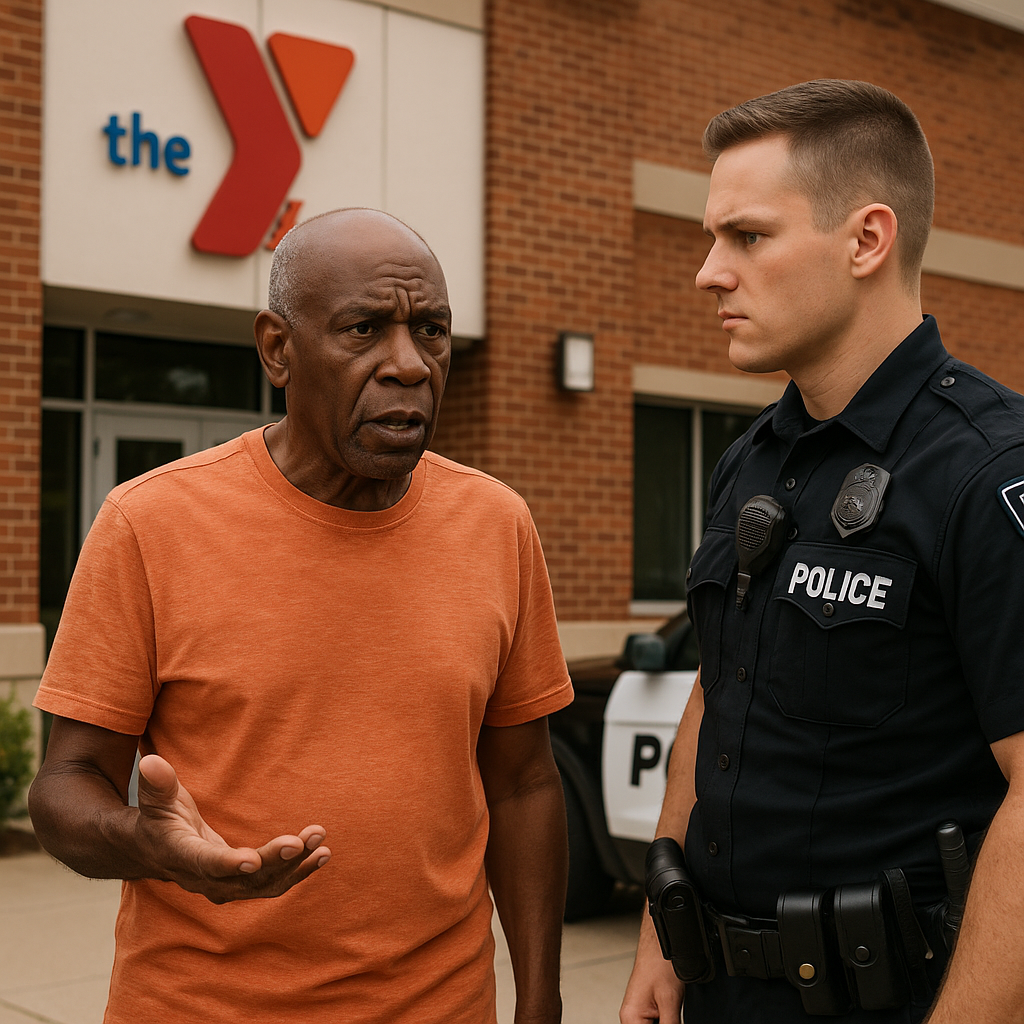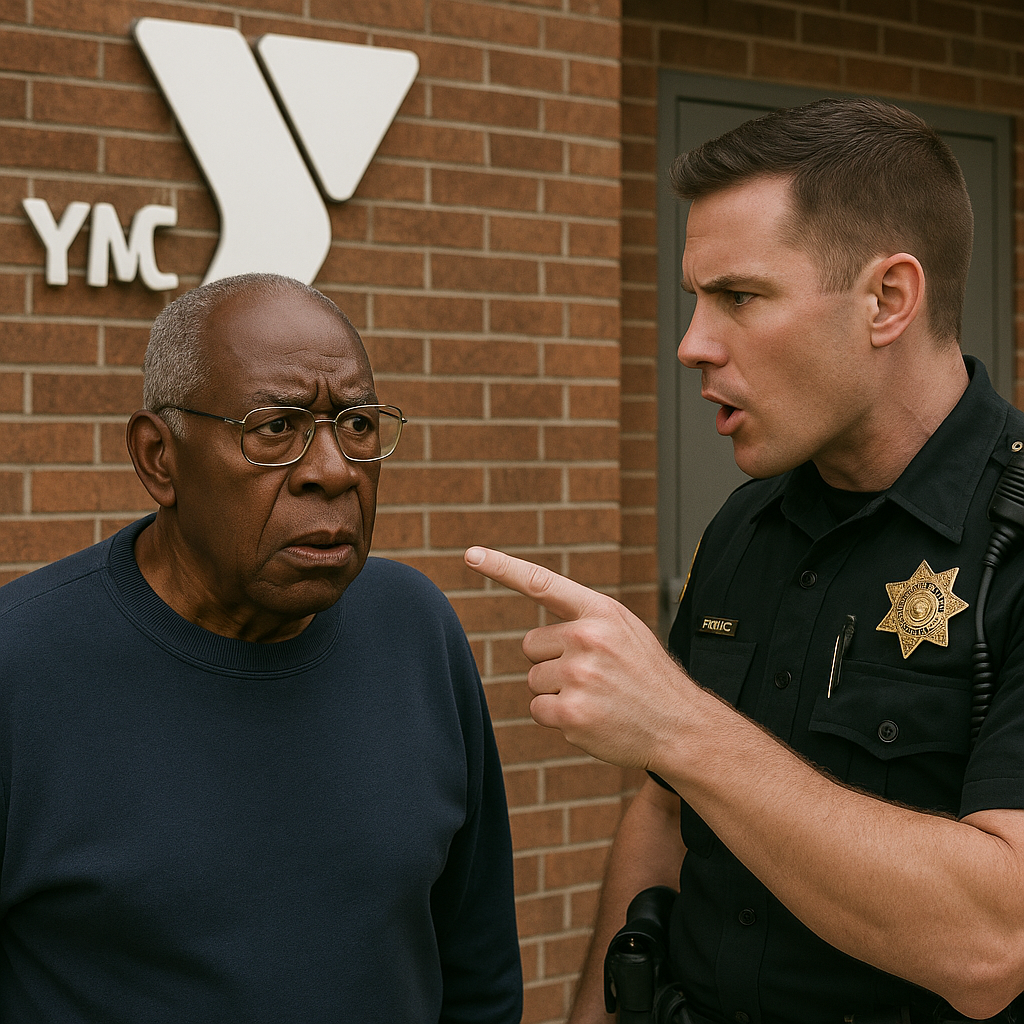YMCA Shocker: Cops Called on Black Senior Over Dispute
YMCA Shocker: Cops Called on Black Senior Over Dispute
The recent incident at a local YMCA, where officials called the police on a Black senior over a dispute with a white woman, has ignited discussions on race relations, public spaces, and societal norms. This event raises critical questions reminiscent of broader historical struggles for equality and respect. To delve deeper into this event, we will explore various viewpoints, analyze the facts, and synthesize a balanced perspective on the implications of this shocking incident.
Overview of the Incident

According to reports from Atlanta Daily World, the altercation occurred when the elderly woman refused to vacate a seat for a white patron. The situation escalated, leading YMCA staff to call the police to manage the dispute. Many observers expressed disbelief that law enforcement was brought into a situation that could have been resolved through dialogue.
The Atlanta Voice highlighted the community’s outrage, emphasizing the emotional toll on the senior involved. She reported feeling marginalized and how the incident brought back memories of distressing encounters related to her race. Public outcry over the YMCA’s quick decision to involve law enforcement points to larger fears within the community surrounding racial profiling and respect in communal spaces.
Reactions from the Community
The incident received a wide array of reactions from community members and local leaders. Many activists have come forward, stressing that the episode serves as a stark reminder of the ongoing challenges minorities face in everyday settings. Social media platforms have lit up with hashtags and discussions aimed at amplifying the voice of those who feel unjustly treated.
In contrast, some argue that policy at the YMCA may prioritize safety over personal bias, suggesting that involving the police was an appropriate action under the circumstances. However, critics counter this viewpoint, stating that routine conflicts should be resolved internally without escalating to law enforcement, especially in community-oriented settings.
The Race Factor: Dissection of Different Perspectives
The underlying racial dynamics of this incident cannot be ignored. While commentators pointed out that the decision to call the police on a Black senior while dismissing alternative conflict-resolution strategies seemed racially charged, others highlighted that YMCAs often commit to the safety of all patrons, hence the inclination to involve law enforcement.
Reports from Atlanta Daily World point to a notable absence of direct dialogue between the parties involved before the situation escalated. This absence raises questions about the educational programs that organizations like the YMCA have in place to mediate disagreements. Could these preventative strategies have changed the course of events? Critics are calling for improved training in conflict resolution that emphasizes understanding and respect across all racial lines.
Implications for Public Spaces and Policies
This incident at the YMCA illustrates the necessity for public institutions to reassess their policies regarding conflict resolution and community relations. Many community leaders are proposing more inclusive practices that foster understanding among patrons.
Recommendations for YMCA and Similar Institutions:
– Training: Regular workshops on racial sensitivity, conflict resolution, and community engagement should be mandatory.
– Spaces for Dialogue: Establish community forums where patrons can discuss their experiences openly and constructively.
– Clear Protocols: Create transparent guidelines on when it is appropriate to involve law enforcement that prioritize de-escalation first.
The collective voice of community members indicates a strong desire for change. Many argue that institutions must lead the charge towards inclusivity, understanding the delicate balance between safety and social justice.
Conclusion: Navigating Forward
In light of this shocking incident at the YMCA, it becomes increasingly clear that there are more interventions needed to bridge the racial divide and promote community dialogue. The sentiments expressed by various sources encapsulate the pain and frustration felt by many, but they also reveal a yearning for solutions.
As communities grapple with issues of race, safety, and respect, it is crucial that establishments like the YMCA prioritize understanding and training as foundational components of their services. The incident serves as a cautionary tale, a powerful reminder that while progress has been made, the journey towards true equity in public spaces remains ongoing.















